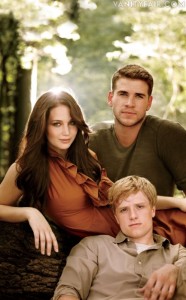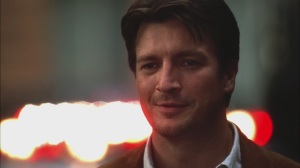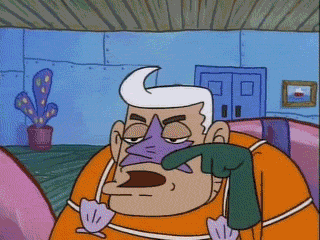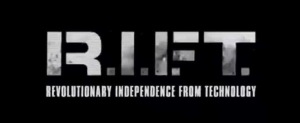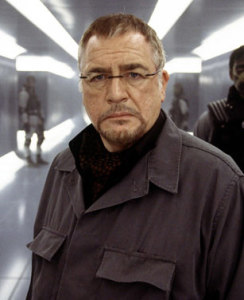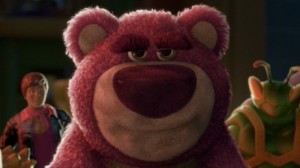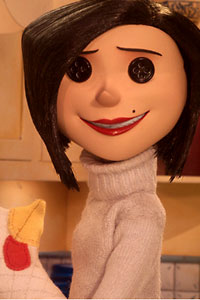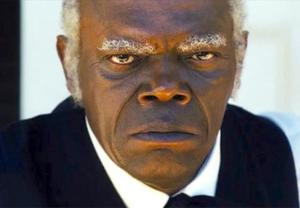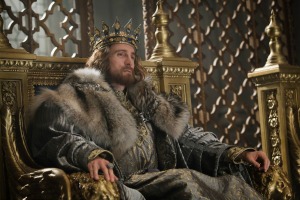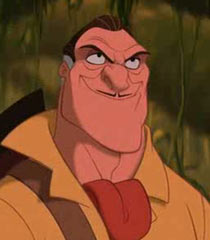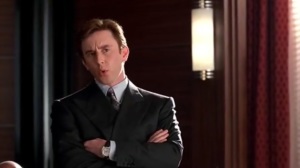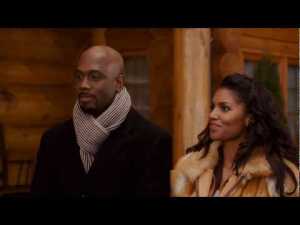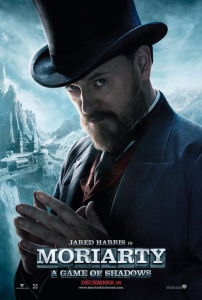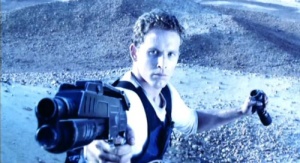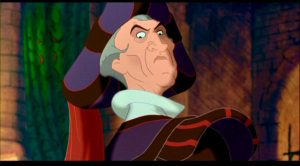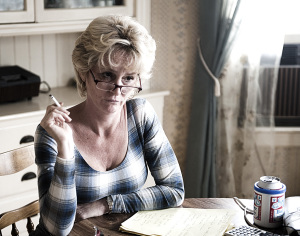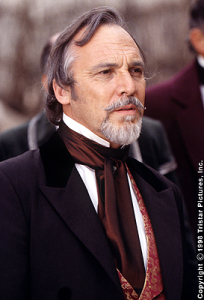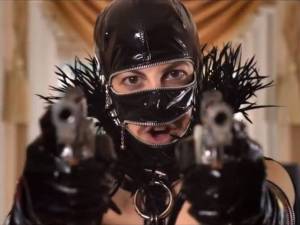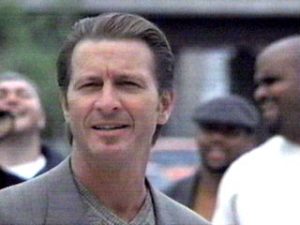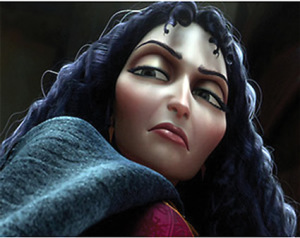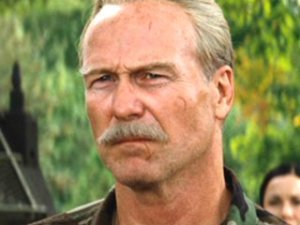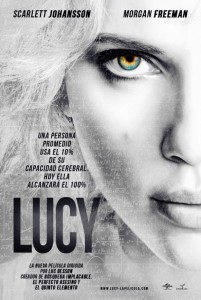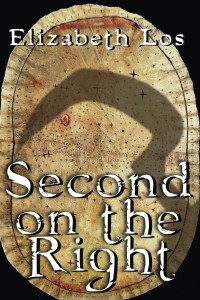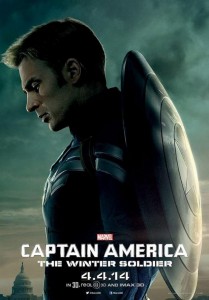Hey, guys! Do you like my new glass house? Isn’t it beautiful? Well, gonna start throwing stones now, so remember to duck.
Yes, I know, it is hypocritical for me to write a blog post discussing love triangles, especially when it’s focused on one of the most successful book-to-movie franchises in history. That being said, Mockingjay Part 1 gave me a subject I want to discuss anyhow. Spoiler alert for The Hunger Games novels. Sorry.
My sister-in-law and I went to see Mockingjay last night and we came to the scene in what remains of District 12 where Katniss and Gale are in her victor’s mansion and Gale recalls when she kissed him after he was recovering from being whipped. Katniss kisses him, and Gale bitterly remarks that he knew she’d do that because she only pays attention to him when he’s in pain. My sister tapped me on the arm and made a face, pointing at Gale, and I knew why. We later discussed how she felt about Gale’s bitterness at being rejected by Katniss, and I agreed, but I told her I did feel a little bad for him—not because he was rejected because that’s a part of life, but because Gale is an example of a character who is too closely tied to a love triangle and that’s why that scene made him so unlikable.
I feel as if Gale—and this is strictly based on the film adaptation of him—is propped up by the love triangle and doesn’t stand on his own as a character without it. That’s a problem in the writing. His whole existence is wrapped up in Katniss, whether it’s her actions in District 12, her actions in the Games, or her actions after the second revolution happens. I told my sister I kind of wanted Gale to understand that Katniss wasn’t in love with him at the end of the first novel and then just become her ally for the remaining two books because he isn’t given the right amount of attention thanks to the love triangle. He’s not a bad guy, after all, but the reason Gale’s confession about the kiss was so teeth-clenchingly bad is because it’s such small potatoes in the grand scheme of the rest of the film.
I kind of wanted Katniss to turn to him and say, “Dude, we’re in a WAR. They are bombing innocent people into oblivion. I’m the sole symbol of this war and I don’t have time to tend to your wounded male ego. I don’t have time to fall in love, okay? Suck it up.” That sounds harsh, but seriously, having a second romantic subplot in the middle of a war torn saga is unnecessary.
I really think a better source of conflict for Gale and Katniss would have been the propaganda and her position as the Mockingjay. For instance, what if Gale’s recollection of District 12’s bombing became more popular than Katniss’ other appearances? What if they were considering him for their new symbol, which meant Katniss’ leverage to get Peeta back would be defunct? That could have been a better way for them to be at odds instead of Gale being a sourpuss that Katniss is in love with Peeta. As it stands, he just sounds like one of those whiny boys who post on Facebook about getting ‘Friendzoned’ all the time when it shouldn’t matter. Sure, one sided romance is a bitch, but if someone truly loves you as a friend, you should be respectful of their feelings and simply love them anyway. If it’s too painful to do that, then be an adult and tell them that you can’t continue the friendship because of your feelings and bid them adieu. Don’t mope and whine about it because all you’re going to do is make your friend feel like crap for something they have no control over.
Mockingjay’s love triangle is something I feel isn’t a natural part of the narrative. I think that Collins needed an easy way to create tension between characters, and she chose this one. I think Gale could have come across a lot better if he wasn’t in love with Katniss. After all, he’s a strong, handsome, dedicated human being and we don’t get any of his backstory in the movies, and only a little bit of backstory in the books. He is very underdeveloped and so everything kind of slides into the negative category by the time we get to Mockingjay. He shouldn’t be pouting and throwing tantrums because she’s not in love with him. He should be supporting her after all the horrible things she’s seen and done. He should have been the one to race to her bedroom when she had nightmares, but he wasn’t.
I also think this love triangle might have been easier to digest if we knew with absolute clarity how Katniss felt about him, or why she cared for him. It’s not the same as her relationship with Peeta, which was forged in the kiln of the Hunger Games. Katniss is an extremely solitary person and she appears to like Gale because he’s easy company. If we saw more about his actions, his ideals, and how she relates to them, then maybe it would have made more sense for there to be a triangle. After all, Gale was actually right. Katniss didn’t have any romantic feelings for him, and only kissed him out of comfort because she didn’t know what else to do. There is a such thing as platonic love, after all, and I think that’s what Katniss has for Gale. Granted, kissing him on the lips was pretty misleading, but hey, she’s a teenager, she didn’t know any better.
For me, the love triangle in this series falls short because it is so damn obvious that Katniss is going to end up with Peeta that there was no point to drag it out across all three books, and subsequently, the films. It’s not a triangle when it’s just unrequited from one guy while the other two are wrapped up in their own little love bubble. It clogs up an already complicated story with needless bickering and stressing over something that in the grand scheme of things will not affect the ending. Katniss has far too many issues to worry about settling down with someone, especially when they could all be blown to steaming bits by the Capitol at any time. I feel sympathetic towards Gale just because I’ve had crushes on guys who didn’t reciprocate before, but I didn’t wander around behind them like a puppy begging for attention just to suit my own needs. Friendship should mean more than that to him and that’s why his character starts to deteriorate in the final novel and film.
Love triangles in general, however, can work if you write them with enough weight behind the characters. I think it’s crucial that the two love interests vying for a girl or guy’s attention can stand up on their own and just happen to be in love with him/her instead of all their actions being directly tied to the main character. For instance, The Dresden Files didn’t have the typical love triangle situation between Harry, Susan, and Murphy. When Harry started noticing he might have feelings for Murphy, Susan wasn’t around. When Susan came back, Harry was focused on her and didn’t waffle back and forth between the two. Murphy respected his boundaries and didn’t bring up the shift in their friendship. It was balanced. Both of these women had their own separate lives to lead, and we hardly even saw both of them in the same book. It worked because we didn’t dislike Harry for being indecisive because it was never portrayed that way. He loves Susan for a particular set of reasons, and he loves Murphy for a particular set of reasons, and they don’t intersect. That works well for the series since the stakes are always so high and Harry doesn’t have time to worry about his heart when he’s trying to keep some monster for ripping it out of his chest.
For example, in my own series, I sort of made a list of pros and cons for Michael and Belial as Jordan’s main love interests. Michael is who she is in love with, but Belial is that dangerous little voice in the back of her head reminding her she could just be selfish instead of having to work at her relationship. Belial has a lot to offer Jordan if she went in that direction. She’d be sacrificing her marriage and her friendship with the angels if she chose him, but he would give her a life that she couldn’t experience otherwise. Additionally, Michael and Belial’s entire lives don’t hinge on Jordan’s every action, and that’s because I think it’s important they have their own agency. The boys also have a complicated past with each other that’s going to come up in The Holy Dark, and that’s something I think is lacking in Mockingjay between Gale and Peeta. I’d have to reread the novel, but I don’t remember them interacting with each other very much, and it does damage to the love triangle if the only interactions between the competitors is them fighting over the main character.
Love triangles are complicated and overused. That’s fact. However, it doesn’t mean they are impossible to pull off, nor does it mean authors should stop writing them. I do think YA leans too heavily on them, but when done correctly, it can be an enticing addition to a narrative that helps you learn more about the three people involved and forces the protagonist to make a hard choice. I think that’s the reason why they exist and why they’re so prominent in fiction. Like anything else, it just needs to be used in moderation.
…think fast! *throws stone*
P.S. While I’ve got you here, She Who Fights Monsters will be free this Thursday on Christmas. Spread the word or grab yourself a copy!
